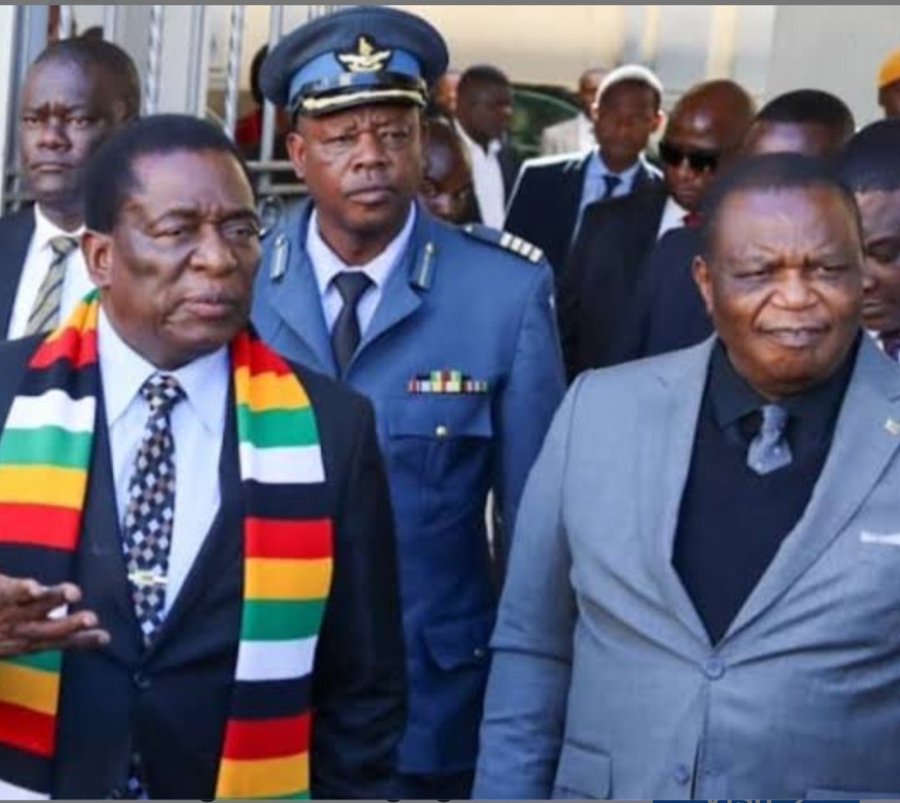ZIMBABWE’S MINERALS PUT IT IN THE MIDDLE OF A GLOBAL POWER STRUGGLE

Zimbabwe has become the center of attention for the world’s superpowers because of its large deposits of important minerals. Countries like China and Russia are very interested in Zimbabwe because these minerals are valuable for technology and military use. As these countries fight for control over these resources, Zimbabwe finds itself caught in the middle of this global power struggle. At the same time, Western countries, especially the United Kingdom, are thinking about changing the way they deal with Zimbabwe, especially when it comes to the sanctions they have placed on the country.
The United Kingdom and other Western countries have imposed sanctions on Zimbabwe for many years. These sanctions are meant to pressure the Zimbabwean government to respect democracy, the rule of law, and human rights. The sanctions specifically target people and businesses involved in human rights abuses and actions that go against democracy. By freezing assets and restricting trade, the sanctions are supposed to force the Zimbabwean government to change its ways and follow international standards.
However, things are getting more complicated. China and Russia are moving quickly to get access to Zimbabwe’s valuable minerals. These minerals are not just important for economic reasons, but they are also used in advanced technologies and military equipment. China and Russia’s interest in Zimbabwe makes it harder for Western countries to use sanctions as a way to pressure Zimbabwe because the country can now turn to these two powerful allies for support.
Because of this, UK lawmakers are starting to rethink the way sanctions are used against Zimbabwe. They believe that the current strategy might not be working as intended, especially with China and Russia becoming more involved in Zimbabwe. The situation now needs a more thoughtful approach that considers the new global dynamics. The challenge for the UK and its allies is to find a way to promote human rights and democracy in Zimbabwe while also dealing with the influence of China and Russia.
Some people argue that the sanctions have not worked as well as hoped. They say that instead of improving the situation in Zimbabwe, the sanctions have given the Zimbabwean government a reason to accuse the West of trying to control the country. The government often uses this argument to say that the sanctions are a form of Western imperialism, meant to weaken Zimbabwe and take away its independence. This message has gained some support within Zimbabwe and even in other African countries, making it harder for the sanctions to have the desired effect.
The UK’s decision to reconsider the sanctions shows that they understand how complicated the situation has become. Legislators in the UK believe that a new strategy is needed, one that does not only punish Zimbabwe but also offers ways for the country to improve its relationship with the international community. This could mean using a mix of targeted sanctions, diplomatic discussions, and supporting organizations that promote democracy and human rights within Zimbabwe.
As global competition for resources continues to grow, the situation in Zimbabwe shows how natural resources can affect politics and governance. The West, led by countries like the United States and the United Kingdom, now finds itself at a critical point. The choice is not just about whether to continue with the sanctions or to lift them, but also about how to create a new strategy that takes into account the growing influence of China and Russia in Zimbabwe. The outcome of this strategic change will have a big impact, not just for Zimbabwe but for the international community as well.
What happens next is uncertain, but one thing is clear: Zimbabwe’s resources have made it a key player in the global game of power and politics. The decisions made by the West, China, and Russia will shape the future of Zimbabwe and possibly the future of global relations. Everyone is watching closely to see how this situation will unfold.
